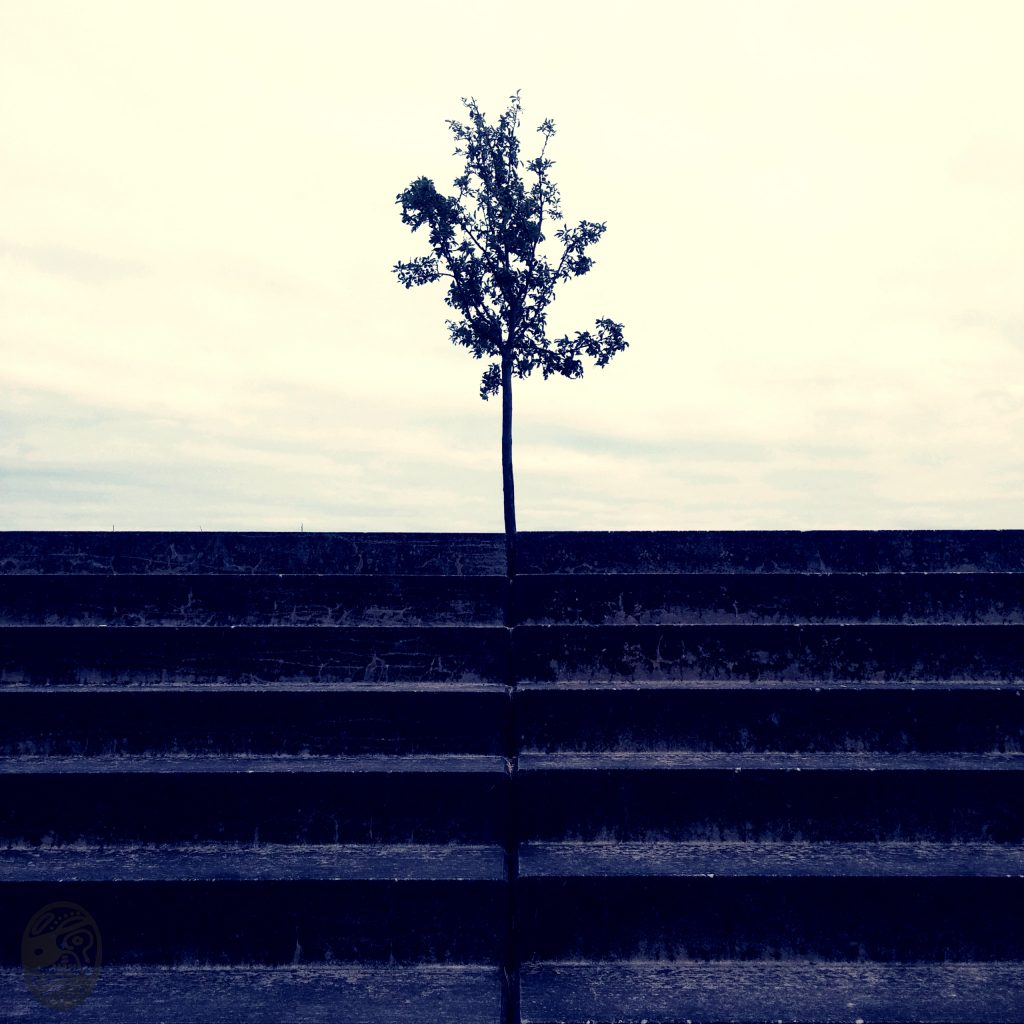
樹、人|nURTURE, tALENTS
育英才,乃生之業,且為之難也。
It’s a lIFELONG and dIFFICULT task to nURTURE tALENTS.
《管子》的第三書《權修》——第十一章:
“Guanzi”*₁, Book 3 – Chapter 11 (original written in Classical Chinese):
一年之計,莫如樹穀;十年之計,莫如樹木;終身之計,莫如樹人。
一樹一穫者,穀也;一樹十穫者,木也;一樹百穫者,人也。
我苟種之,如神用之,舉事如神,唯王之門。
If planning for a yEAR, it’s better to cULTIVATE gRAINS;
If planning for tEN years, it’s better to pLANT tREES;
If planning for a lIFETIME, it’s better to nURTURE pEOPLE.
The hARVEST after a year of cultivation are cROPS;
The harvest after ten-years of planting are trees;
The harvest after hUNDRED-yEARS of nurturing are tALENTS.
If we can nurture the talents, they can hANDLE things wISELY with their iNGENUITY, that is the only wAY for them to bECOME the people in pOWER.
..,
nOTES:
*₁: The book “Guanzi” was not written by Guanzhong*₂ himself. It is said that it was written by the scholars of “Jixia Academy”*₃ and named after him. This book is considered to best reflect Guanzhong’s main ideas.
*₂: Guanzhong (ca 720–645 BC) was a representative of the Legalism, which is one of the important schools of thought in ancent Chinese history, in the Spring and Autumn Period (770 BC-476 BC). He was also a politician, chancellor, philosopher and reformer of the State of Qi in 685–645 BC and a descendant of the King Mu of Zhou Dynasty (ca 976-922 BC).
*₃: “Jixia Academy” was the only national institution of high schooling in Warring States period (475-221 BC) and founded by Duke Huan of Tian Qi (400-357 BC).
Heard good things about 92cocoa and finally tried it. Not bad at all! Some fun games to kill time. Check them out 92cocoa.